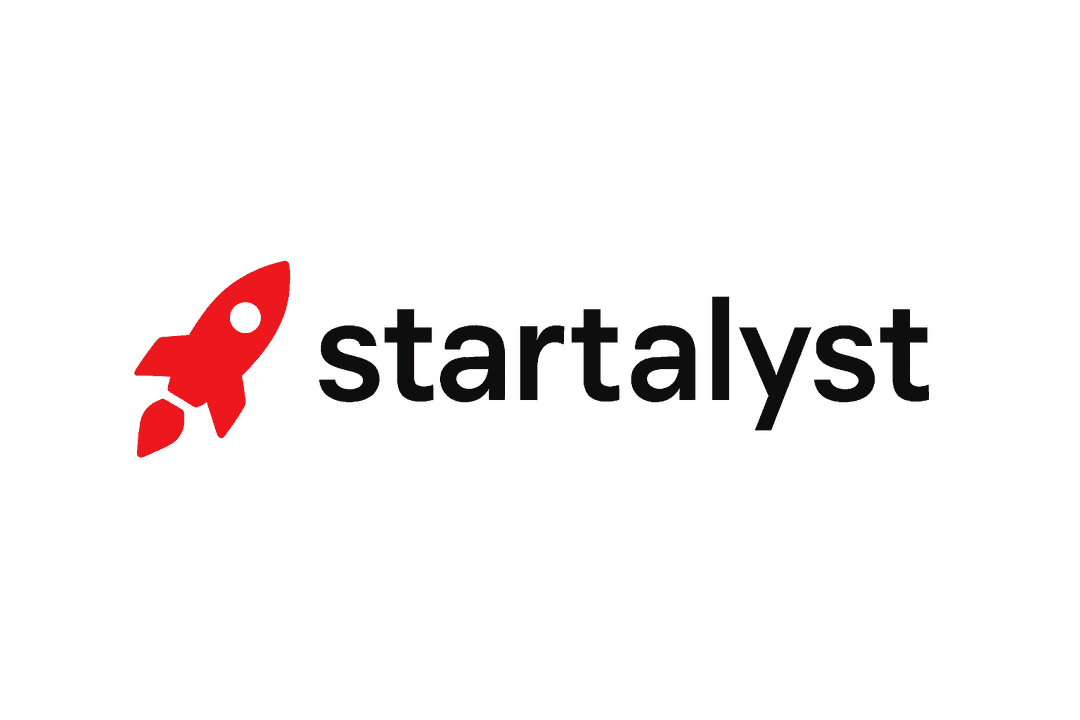Nursing Business Ideas Starter Guide
How to Get the Best Results
Think of this as a short diagnostic. Match your clinical strengths, interests, and resources to specific nursing business ideas so you launch with clarity instead of chasing trends.
Work through the steps in order: identify your nursing background, add practical interests and skills, set realistic startup capital, and pick a weekly time window you can sustain. Small, focused experiments beat big unfocused plans.
Step 1 — Who are you?
Start by naming the nursing roles and strengths you already have; each one points to different business angles within nursing business ideas.
- ICU nurse — critical thinking — You can design acute care teletriage services for homebound patients with high acuity needs.
- Home health RN — patient assessment — You can package home-visit wound care or medication reconciliation visits for families.
- Pediatric nurse — family education — You can write and sell newborn care classes and discharge guides to clinics and parents.
- Clinic nurse manager — operations — You can consult on workflow and staffing optimization for small practices and urgent cares.
- School nurse — public health screening — You can create screening programs and documentation kits for school districts or camps.
- Case manager — care coordination — You can offer bundled transitions-of-care packages for hospitals looking to reduce readmissions.
- Travel nurse — adaptability — You can build a virtual staffing brokerage that matches flexible nurse shifts to chronically understaffed facilities.
Step 2 — Add interests & skills
List meaningful interests and practical skills that align with nursing business ideas; these broaden potential services or products you can offer.
- Telehealth expands consultation reach and lowers overhead by removing the need for physical office space.
- Wound care lets you create focused clinics or online training for caregivers and long-term care facilities.
- Patient education enables you to sell courses, printable care plans, and subscription newsletters for chronic disease self-management.
- Medication management allows you to run medication reconciliation services for transitions of care and polypharmacy reviews.
- Quality improvement positions you to audit charts and offer compliance packages to small practices and SNFs.
- IV therapy permits mobile hydration and vitamin infusion services where regulations allow and demand exists.
- Health coaching lets you package structured wellness programs for weight loss, diabetes, or blood pressure control.
- Training and CE gives you the option to develop continuing education modules targeted at busy RNs and LPNs.
- Clinical documentation prepares you to offer documentation templates and charting workshops that improve billing accuracy.
- Geriatrics opens consulting opportunities with assisted living facilities for fall prevention and ADL programs.
- Data literacy enables you to set up dashboards and outcome tracking for clinics that want measurable improvements.
- Legal nursing encourages pursuit of medico-legal consulting, expert review, or chart retrieval services for law firms.
Step 3 — Set available capital
Decide how much you can invest up front; nursing business ideas span from low-cost testing to larger clinic launches. Match the capital to realistic first steps.
- ≤$200 You can validate ideas like downloadable care guides, short online classes, or one-off consultation sessions using existing devices and free platforms.
- $200–$1000 You can pay for professional materials, a basic website, liability insurance for small services, and low-cost marketing to pilot a niche like wound-care visits or coaching packages.
- $1000+ You can invest in equipment, renting room space, staffing, advanced certification, or a telehealth platform to scale into a recurring-revenue nursing service or clinic.
Step 4 — Choose weekly hours
Be honest about time. Many nursing business ideas can start part time and scale if you protect a consistent weekly block.
- Mornings (4–8 hours/week) Allow you to run consultation calls, create course content, or visit home health clients before clinic hours start.
- Evenings (6–10 hours/week) Let you host live classes, answer telehealth follow-ups, and manage billing tasks without disrupting clinical shifts.
- Weekends (6–16 hours/week) Enable on-site clinics, pop-up vaccine or screening events, and intensive course launches when clients are available.
Interpreting your results
- Combine your strongest background, two or three complementary skills, the capital you can commit, and a realistic weekly time window to pick one pilot project. For example, a home health RN with patient education and geriatrics who has $500 and 6 weekend hours can launch a paid home-safety assessment package for older adults.
- Start small and validate with three paying customers before scaling. Use inexpensive tools for scheduling, secure messaging, and invoicing; protect PHI and check local scope-of-practice rules and licensure requirements before offering clinical services.
- Track one clear metric for early months—client conversions, bookings per week, or revenue per hour—and iterate quickly based on feedback. If an idea consumes too much time for the return, pivot to a higher-leverage product like recorded courses, templates, or B2B services for clinics.
Use the generator above to refine your combination of background, skills, capital, and hours until you find a practical nursing business idea that fits your life and market. Start with one test, learn fast, and build from there.
